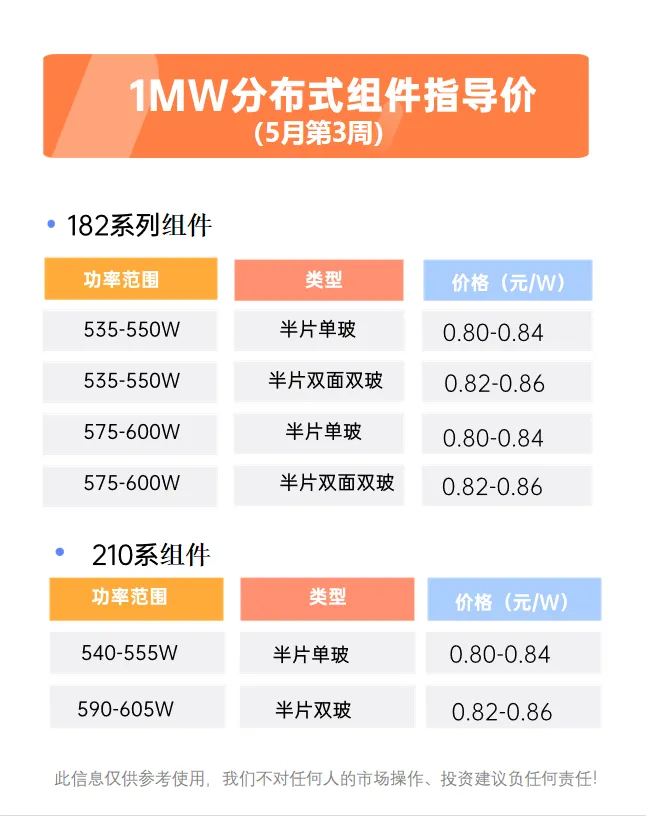home solar system
Harnessing the Power of Home Solar Systems
In recent years, the world has witnessed a significant shift towards sustainable energy solutions, with home solar systems emerging as a popular choice for homeowners looking to reduce their carbon footprint and energy bills. By harnessing the sun's abundant energy, these systems not only contribute to environmental preservation but also offer financial benefits and energy independence.
Understanding Home Solar Systems
A home solar system, commonly referred to as a solar photovoltaic (PV) system, consists of solar panels, an inverter, a mounting system, and, in some cases, a battery storage solution. Solar panels, made up of numerous interconnected solar cells, capture sunlight and convert it into electricity. The inverter then transforms the direct current (DC) generated by the panels into alternating current (AC), which powers household appliances and can be fed back into the grid.
Modern solar systems are designed to be efficient and durable, with many panels boasting a lifespan of 25 years or more. As technology advances, the efficiency of solar panels continues to improve, meaning homeowners can produce more energy with fewer panels.
Financial Incentives
One of the most attractive aspects of installing a home solar system is the potential for significant savings on electricity bills. While the initial installation costs can be substantial, various financial incentives can mitigate these expenses. Many governments offer tax credits, rebates, and grants to encourage solar adoption, thereby lowering the effective cost of a system.
Moreover, homeowners can often expect a return on their investment in just a few years, especially in regions with abundant sunlight. By generating their own electricity, they are less dependent on their utility provider, which can shield them from rising energy costs.
Environmental Benefits
home solar system

Transitioning to solar energy is a powerful way for homeowners to combat climate change. Traditional energy sources, such as coal and natural gas, emit greenhouse gases that contribute to global warming. In contrast, solar energy is clean and renewable; it produces no harmful emissions during operation. By utilizing solar power, homeowners can significantly reduce their carbon footprint and support the broader movement toward sustainability.
Additionally, solar energy promotes energy independence. As countries and communities strive to lessen their reliance on fossil fuels, local solar installations contribute to energy resilience and security. During power outages, homes equipped with battery storage can maintain electricity supply, enhancing the reliability of energy access.
Home Value Enhancement
Installing a solar system can also increase the value of a home. Numerous studies have shown that houses equipped with solar panels often sell for more than comparable homes without them. This trend can be attributed to the growing consumer demand for eco-friendly features and energy-efficient homes. As more buyers prioritize sustainability, homes with solar energy systems are more attractive in the real estate market.
Challenges and Considerations
Despite their numerous advantages, home solar systems come with challenges. Homeowners must consider factors such as geographic location, roof orientation, and local zoning laws when planning an installation. In areas with limited sunlight or strict regulations, the feasibility and efficiency of solar may be compromised.
Additionally, the initial investment can be daunting, even with incentives. Homeowners must conduct thorough research to assess the long-term benefits and costs associated with solar energy systems.
Conclusion
Home solar systems represent a significant step toward sustainable living and energy independence. With the potential for substantial financial savings, a positive impact on the environment, and increased property value, the case for going solar is strong. As technology evolves and solar becomes more accessible, more homeowners are likely to join the renewable energy revolution. By embracing solar power, individuals can not only enhance their quality of life but also contribute to a cleaner, greener future for generations to come.
-
String Solar Inverter: The High-Efficiency Solution for Smart Solar EnergyNewsJul.14,2025
-
Revolutionizing Rooftop Energy with the Power of the Micro Solar InverterNewsJul.14,2025
-
Power Independence with Smart Off Grid Solar Inverter SolutionsNewsJul.14,2025
-
On Grid Solar Inverter: Powering the Future with Smart Grid IntegrationNewsJul.14,2025
-
Monocrystalline Solar Panels: High-Efficiency Power for the Future of Clean EnergyNewsJul.14,2025
-
Bifacial Solar Panel: A Smarter Investment for Next-Generation Energy SystemsNewsJul.14,2025







